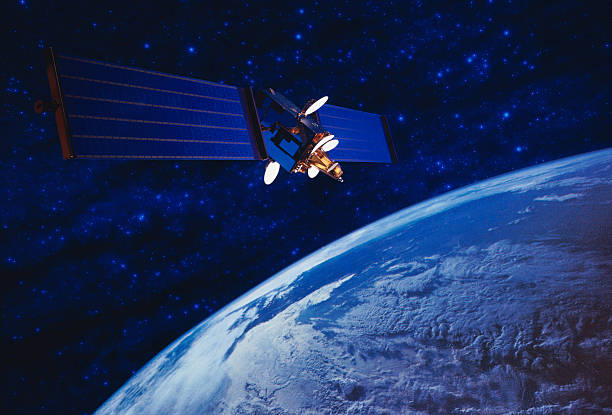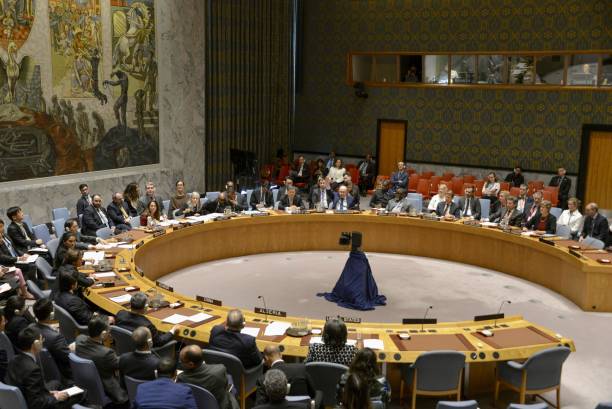Russia has exercised its veto power at the UN Security Council, blocking a resolution put forward by the US and Japan aimed at preventing an arms race in outer space. The draft resolution sought to reaffirm a principle already outlined in the 1967 Outer Space Treaty.
The resolution, introduced on Wednesday, called on all countries, especially those with significant space capabilities, to actively contribute to the peaceful use of outer space and to prevent an arms race. It emphasized adherence to the Outer Space Treaty, which prohibits placing weapons of mass destruction in Earth’s orbit.

Despite receiving support from 13 of the Council’s 15 members, including permanent member China abstaining, Russia vetoed the resolution. The move drew criticism from US Ambassador to the UN, Linda Thomas-Greenfield, who described it as “baffling” and questioned Russia’s intentions.
The US has previously raised concerns about Russia’s alleged development of a space-based anti-satellite nuclear weapon. White House spokesperson John Kirby highlighted the issue in February, labeling it as “troubling,” although he noted that the weapon was not yet operational.

Russian President Vladimir Putin has denied any intention of deploying nuclear weapons in space, reiterating Russia’s opposition to such actions. However, US national security adviser Jake Sullivan reiterated concerns about Russia’s alleged development of a satellite carrying a nuclear device.
Russian Foreign Minister Sergei Lavrov emphasized Russia’s commitment to its international legal obligations, including the Outer Space Treaty. Russia’s UN envoy, Vassily Nebenzia, criticized the US-Japanese resolution, labeling it a “cynical ploy” with “hidden motives.”
The UN Security Council comprises five permanent members – the US, UK, France, China, and Russia – each possessing veto power, along with ten rotating seats held by other UN member states.
